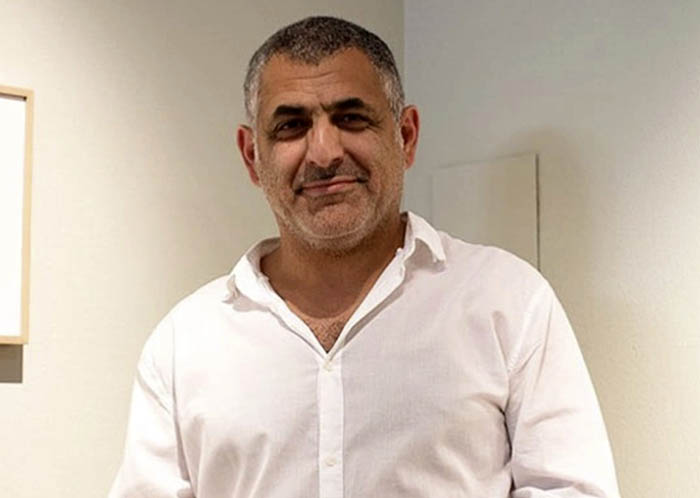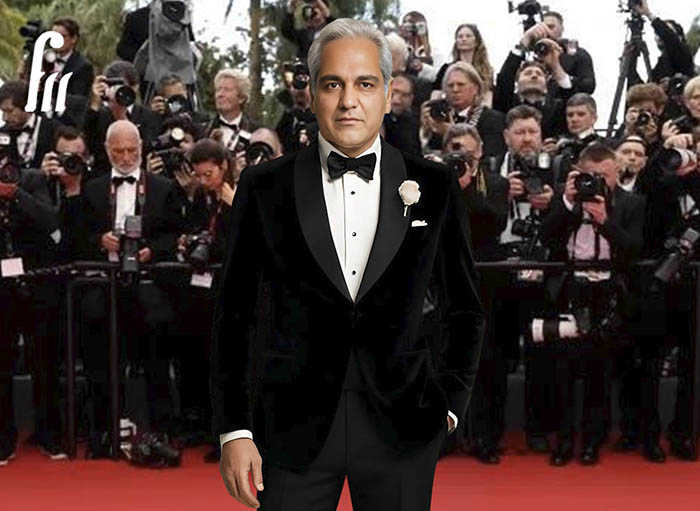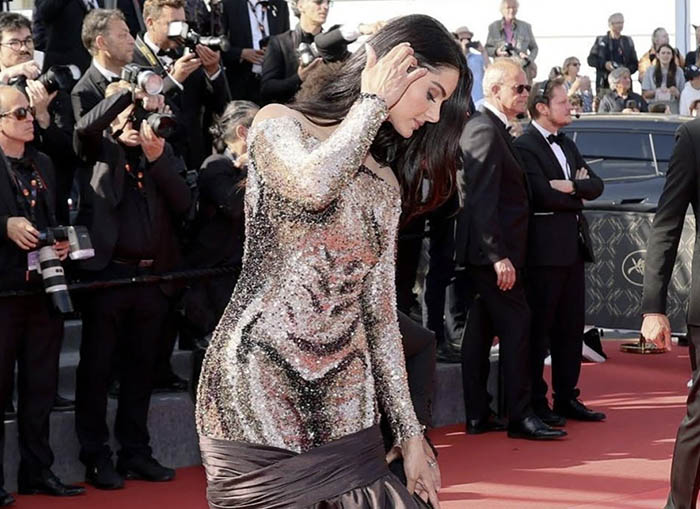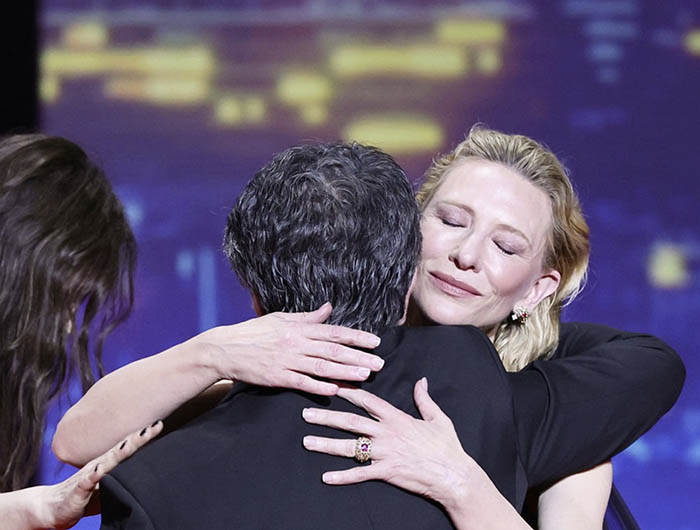10 Essential Facts About Farzan Deljoo: A Pioneer of Pre-Revolutionary Cinema
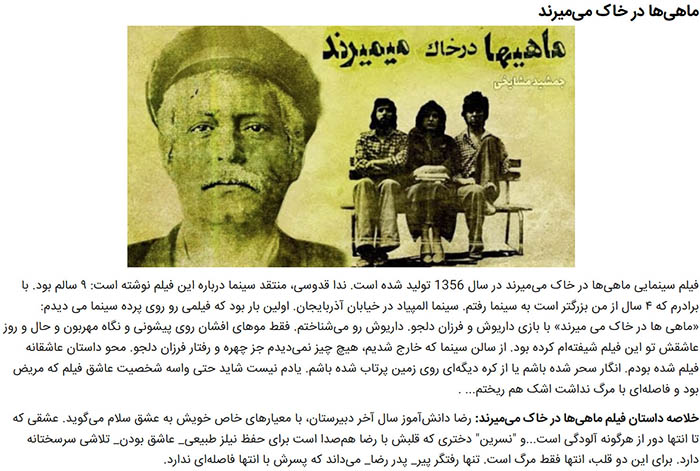
7. Fishes Die in the Soil (1977)
This heart-wrenching narrative follows Reza, a high school student navigating the trials of first love amid the looming dread of fate. The film not only highlighted Deljoo’s ability to capture youthful emotions but also touched on deeper themes of mortality and the urgency of love. This tale struck a chord with audiences, leaving a lasting imprint in Iranian cinema.
8. Departing Iran After the Revolution
Farzan Deljoo left Iran following the Islamic Revolution in 1979, a decision that profoundly impacted both his career and the cinematic landscape in Iran. It marked the end of an era for a particular style of filmmaking that resonated with youth and liberal ideals. His departure also raised questions on censorship and artistic expression in post-revolutionary Iran.
9. Legacy and Recognition
Despite the challenging circumstances following the revolution, Deljoo’s films continue to be celebrated for their artistic merit and insightful commentary on society. His influence persists through contemporary filmmakers who credit him with shaping their views on storytelling and character development in Iranian cinema.
10. Return and Reflection
Though he has been away from the Iranian film industry for decades, Deljoo’s return to the spotlight has rekindled discussions about pre-revolutionary cinema. With a career spanning over 40 years and a deep understanding of cultural nuances, he continues to be a significant figure in understanding the evolution of Iranian cinema.
Conclusion
Farzan Deljoo’s contributions to Iranian cinema are profound and far-reaching. Through his films, he crafted narratives that not only entertained but also provoked thought, challenged societal norms, and captured the essence of a generation. His legacy is a testament to the power of cinema as an art form and its capacity to reflect and influence cultural identities.
Whether you’re a cinephile or someone keen on exploring the intricate tapestry of Iranian cinema, delving into Farzan Deljoo’s works provides a fascinating lens through which to understand a pivotal cultural era. His films remain relevant, echoing themes of love, sacrifice, and the quest for social justice that resonate even today.
